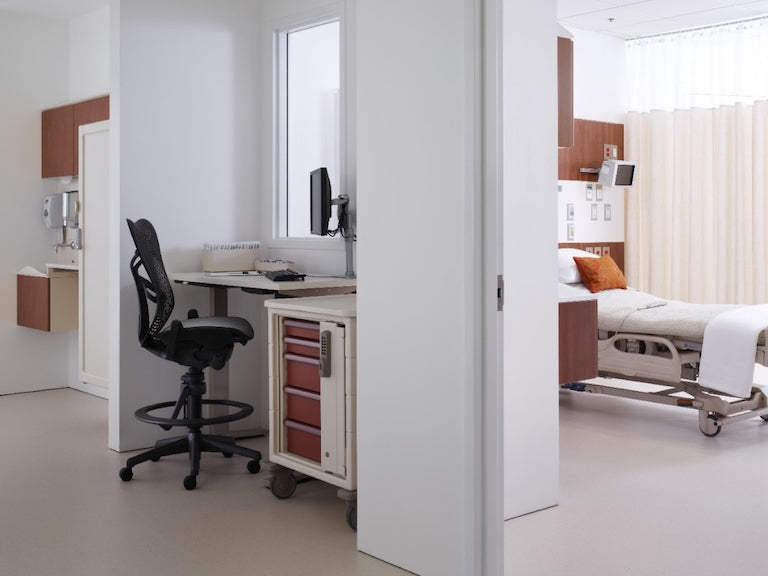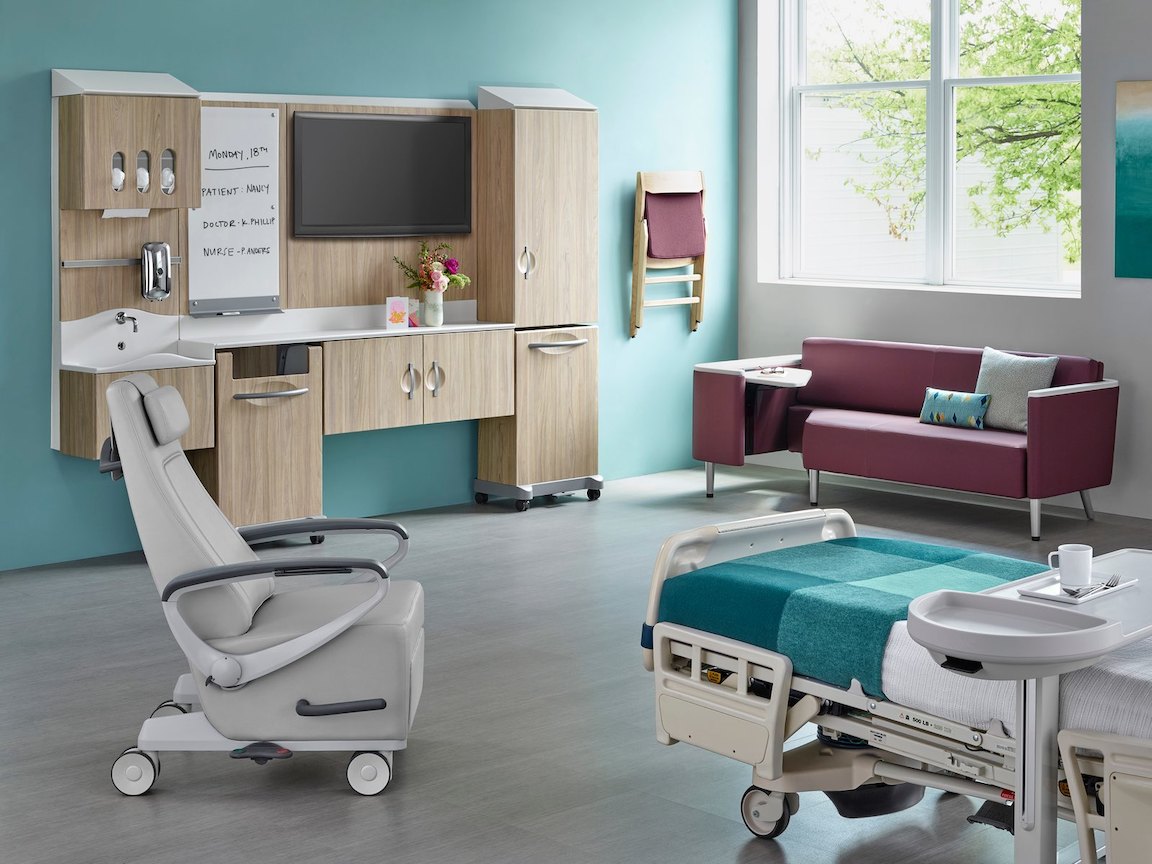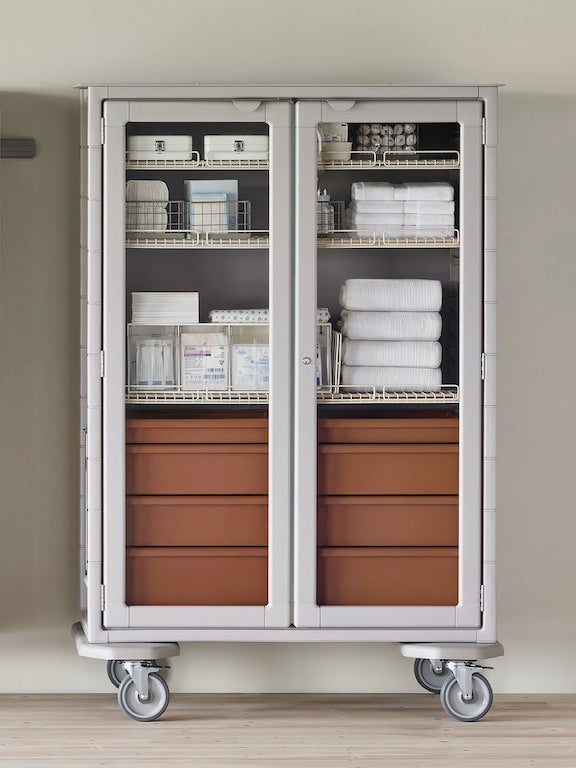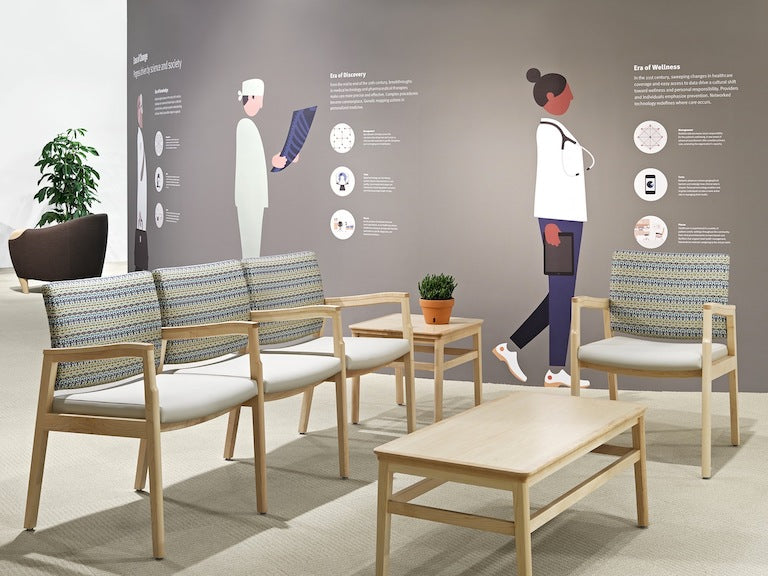



Emergency Manual Handling Pack Standard (80 x 195cm)
OV6000
Regular priceEmergency Manual Handling Pack Standard (80 x 195cm)
Do you have all the necessary equipment readily available in the event of an emergency? The Emergency Manual Handling Pack is a designated lifting sheet for use when there is no hoist available and you need to raise someone from the floor in a horizontal position, ensuring you are always prepared.
Key Features of the Emergency Handling Pack
- Designed to help manoeuvre a collapsed patient
- In line with the Guidelines for Safer Handling
- Fully waterproof and fire retardant
- Must be used by a minimum of eight people to lift
- Can be washed at 74°C for three minutes
- Maximum patient weight of 20 stone (127kg)
- Available in two sizes, Standard and Large
How Do I Use the Emergency Manual Handling Pack?
The Emergency Handling Pack contains a small slide sheet, a pair of flat slide sheets and a set of extension straps, plus a designated lifting sheet. Tested up to 127kg (20 stone), this product provides a safer alternative for those situations when you have no other choice than to lift manually. The following is advised when lifting:
- The transfer must be well-planned and all rescuers briefed. A total of eight people will be required to assist.
- One person should coordinate the commands and lifting activity, and this person is required to support the head.
- Ensure that the designated lifting sheet is available, and a scoop stretcher may be used.
- Log roll the patient onto the lifting sheet.
- A minimum of three people are positioned on each side of the patient.
To learn how to handle a collapsed person safely, watch the video below:
Where Can the Emergency Manual Handling Pack Be Used
The Emergency Handling Pack is suitable for any emergency situation involving a collapsed person. It is most commonly used in:
- Acute trusts
- Community care
- Rapid response teams
- Nursing and care homes
- Hospices
- Social services









